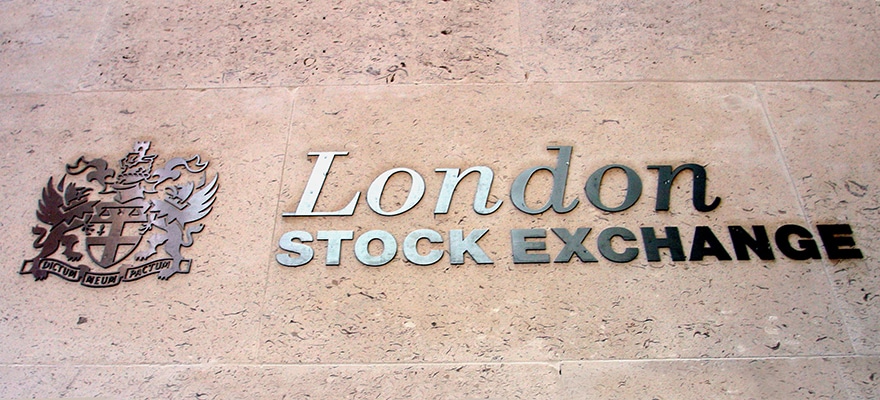The London Stock Exchange Group (LSEG) and Deutsche Borse’s landmark merger continues to slog on, though several parties are concerned about the extant flow of jobs and personnel from the UK to Germany following the deal.
To unlock the Asian market, register now to the iFX EXPO in Hong Kong.
The fears of a large-scale relocation of talent are well founded, given the present situation unfolding across the UK’s financial services industry. Over the past two years, leading banks have jettisoned thousands of IT and back office jobs, while trading desks have shrunk or been consolidated, or simply packed up shop and moved to other regions.
LSEG’s merger with Deutsche Bank is a different animal altogether, which would instantly make it the paramount market force in Europe. Despite the ongoing back and forth and hurdles that the merger has faced, the deal looks to be continuing at pace towards completion, though its latest concerns reflect speculation.
LSEG Calms Fears of Mass Relocation
In particular, the LSEG had to quell fears earlier this week that it would be shifting operations of its LCH clearing business from the UK to Germany, a stance the group shot down, according to a Reuters report. The group issued a statement to press speculation and a recent report in the UK that derivatives trading would be localized in Frankfurt, away from London, following the merger.
According to a recent LSEG statement regarding the prospective merger and speculation: "Such action is not contemplated and any statements suggesting otherwise are inaccurate and misguided ... LSEG and Deutsche Börse are committed to maintaining the strengths and capabilities of their respective operations in London and Frankfurt.”
"There is no intention to move the locations of Eurex or Clearstream from Frankfurt, LCH from London and the U.S., Monte Titoli from Milan or CC&G from Rome following completion," the group added.
The merger itself has been a convulsive issue for other players on the continent, not just in the scope of the deal but whether it would breach antitrust laws. Such concerns were voiced back in November by European Union officials, though other groups such as Euronext have also voiced their reticence on the merger.


















